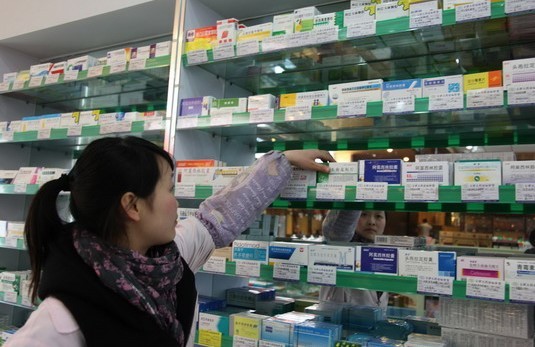An increasing number of investors are attracted by the huge potential in China’s e-medicine market and to jostle with some enterprises that pioneered in the realm, the 21st Century Business Herald reported.
According to statistics released by the State Food and Drug Administration, 76 enterprises have joined the market this year, bringing the total number of licensed e-medicine operators to 429.
The report said that the newcomers seemed unfazed by the business losses that haunted the existing e-medicine firms, where some CEOs have reportedly left due to sluggish business.
Alibaba's Ali Health has reportedly lost HK$101.5 million ($13.1 million) over the fiscal year, making its value fall by 159 percent into the negative than the previous year.
Some industry insiders said that a major cause of delay among e-medicine operators is the failure to provide prescription medicines.
Shi Lichen, the CEO of Dingchen Pharmaceutical Management Consulting Center based in Beijing, said that national pharmacy chains and transformative pharmaceutical firms are prominent in the e-medicine business but they can also operate regionally.
According to the report, e-medicine has expanded to the O2O (online-to-offline), as Jingdong Mall (JD.com) has launched its O2O program on July 24, offering home delivery medicine services for orders placed with the Jingdong app in partnership with some Chinese drugstores.
Dingdang medicine also launched on Feb. 6, offering home delivery for medicine through its affiliated drugstores in Beijing within 28 minutes by placing orders via its app.
The report added that O2O is part of the assistance package for e-medicine operators to help them earn revenue, as their overall profit rate averages only 15 percent, which is small compared to the income of e-commerce operators in other fields, such as apparel, entertainment and home improvement.



























